It is half-time at the Paris 2024 Olympic Games.
Besides been different in a lot of ways, Paris 2024 has been an eye-opener for me.
I thought I knew everything about the Olympic Games, having been actively involved (directly or indirectly) in all the Games since 1976, until half-way into the 2024 edition I am humbled by my limited appreciation of its many ‘silent’ facets.
The Olympic Truce
The Olympics scores high as a diplomatic vehicle, with its fundamental objective to foster peace and friendship amongst members of the global Olympic family – now 205-strong!
Within the Olympic charter is a ‘forgotten’ tool, a two-weeks period during the games dedicated in ancient times for resolution of conflicts between any member countries. During the period, called the Olympic Truce, warring members are mandated to temporarily sheath their swords, to enable the youths of the world to compete in a friendly atmosphere devoid of all common human differences.
That’s why, at the Olympic Games, participation is more important than winning as all participants are winners.
The Olympic Truce, as enshrined in the Olympic Charter, is designed to ease tension between competing athletes and countries, and to fan the embers of reconciliation and healing wherever there may be conflict or war.
With the present escalating crisis in various parts of the world, the Paris 2024 Olympics could have deployed the Olympic Truce to remind its members of their obligation to use sport to heal the wounds of hostility between ‘brothers’ in the ongoing wars in Ukraine, Gaza, the Horn of Africa, Sudan, and so on.
That is my first take away from the first half of Paris 2024 is that the Olympic Truce as a tool for global peace may be ‘dead’.
Sport – Nigeria’s wasting asset!
Nigeria can easily be a global super-power in sport.
The country has everything required except the political will. The country can dominate the world in some specific sports and reap bountiful harvests that come with it for the athletes, the people and the country.
Unfortunately, the country still does not appreciate the power inherent in sport for social, economic and even diplomatic development. She, therefore, beyond empty ‘talk’, never treats sport as an area deserving of special status and attention.
Yet, the evidence of what sport can achieve continues to stare the country in the face during the on-going Olympics. Unfortunately, the country is distracted by mundane things, little administrative hiccups that take over every attention and even dominate their media space.
For example, I am still trying to understand why the registration, or not, of a Nigerian sprinter for the 100 metres event (not even her preferred event) has attracted so much national discourse over and above the more glaring lack of understanding and essential support by government for an authentic sports development program that will guaranty for the country a place of pride in the world through deserved achievements, not wishful and sentimental thinking!
What it takes to win a medal at the Olympics!
To be an Olympian is every athlete’s dream. The process is hard enough without the additional goal of winning an Olympic Medal. That, is another dimension, the route strewn with unforgiving challenges, a different level of commitment, dedication, discipline, focus, punishing training regimen, right tools and environment.
I urge everyone to watch ‘Sprint’, a movie that takes viewers into the inner recesses of ambition and competition in athletics on ‘the fastest humans on earth’. Plus what drives the athletes; the fire in their belly; the extent they can go trying to perfect their act and their mind; how they gain and grab the minutest of advantages; the psychology of winning and what it takes. In short, to be the best in the world is the hardest thing to achieve in the world.
It takes more than talent. Talent is only the starting point. The rest of the route is long and torturous, stretching an athlete to the limits of physicality and psychology. Everything has to be right and in place – knowledgeable and experienced coach; training grounds; facilities and equipment; right diet; high level competitions; good support staff; a tested psychologist; focused regimen of training; a good lifestyle; endless practise time; unshaken self-belief; funding support; and the favour of the elements. There are very many moving parts that must function optimally and simultaneously.
Successful countries know these things and try to provide and institutionalise them – USA, UK, China, Australia, Canada, etc. They focus on particular sports suited to their geographical environment, or culture of physiology.
18 years ago, I established a special sports school. My compass was the story of Maria Sharapova, the tennis prodigy at the time. To become amongst the best in the world, leading to her first tennis Grand slam success, she starting her tennis at age 6, and spent the next 10 years on an excruciatingly strict path that included private academic tutorship plus minimum 6 hours of a daily grind of concentrated training. These days, I hear the hours have moved up to 9, daily!
I set out to achieve such a level in the Segun Odegbami International Sports Academy and Sports Academy, SOCA, 18 years ago. In those 18 years, my effort to combine rigorous academics and sports, have only yielded 4 hours of a daily program that is punctuated with all manner of breaks, distractions, and a lack of some of the most basic of requirements.
The result of my work, unprecedented in Nigeria, stares me in the face every day. The products of that institution, with all our effort, are far from our goal of producing the seeds of World Champions in the Sprints, in Football and in Tennis. There is still a long way to go.
During Paris 2024, I have sat in front of a bank of over 30 television screens in a room, watching every single one of the over 30 different sports events ongoing in different venues, observing reality unfurl before me. My sad conclusion is that when it comes to proper sports development that can produce global champions on a consistent basis, Nigeria is yet to get on to the tarmac. The country is eons behind in basic understanding, appreciation and strategic planning to produce athletes that can compete and be amongst the best in selected sports in the world.
Meanwhile, let me return to watching and enjoying the second half of the Paris 2024 Olympics when a few bright Nigerian stars in athletics and, probably, wrestling will shine some light on the ‘sleeping giant of Africa’!
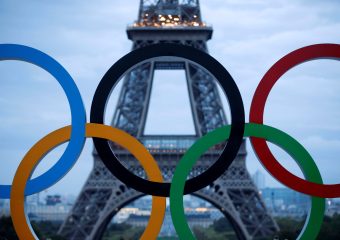
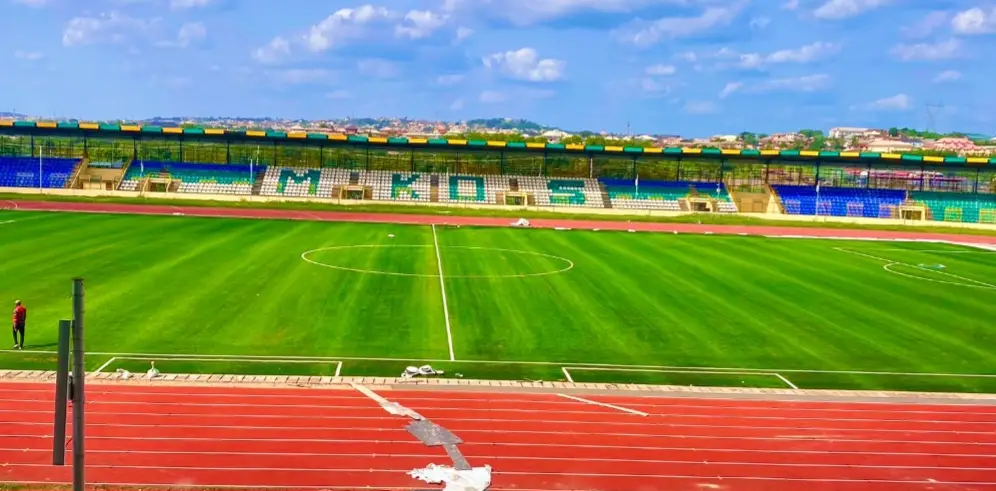
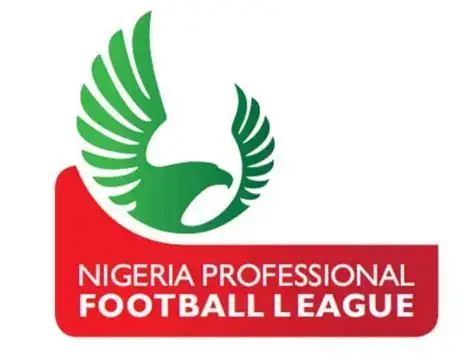
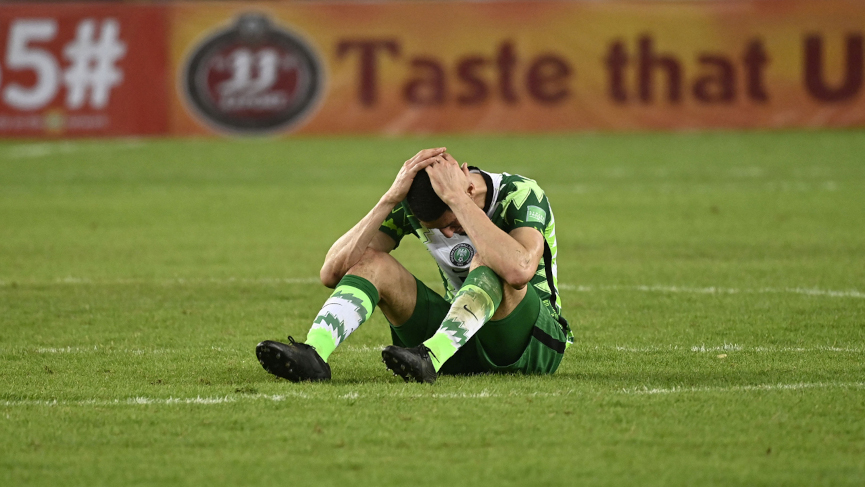
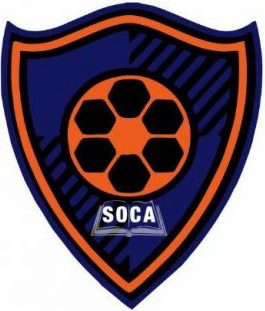
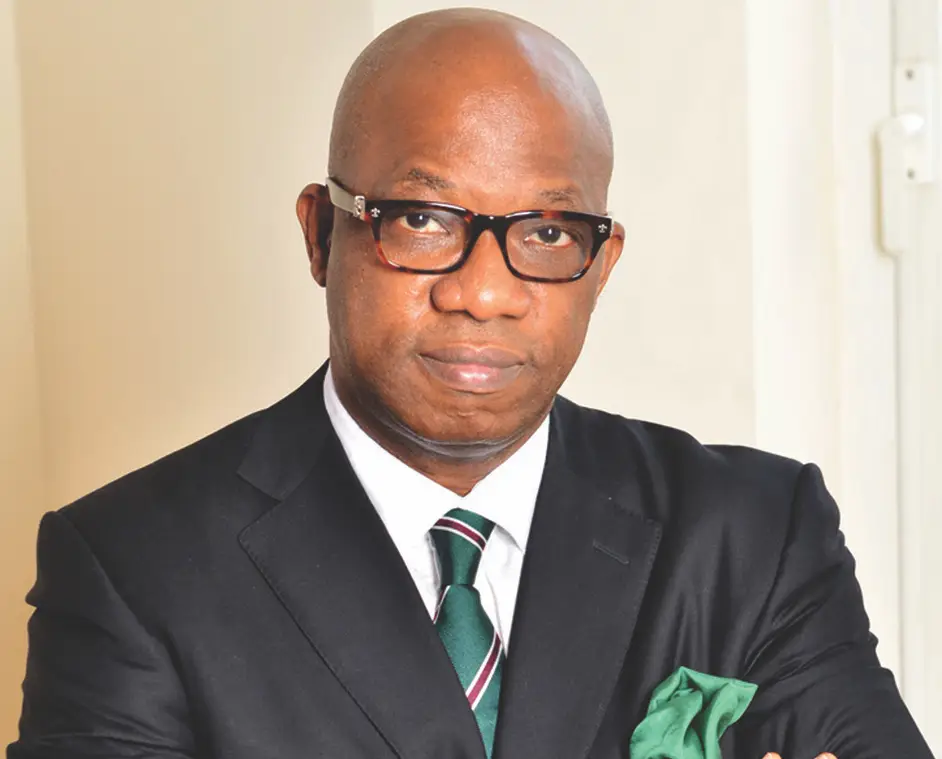



Latest Comments